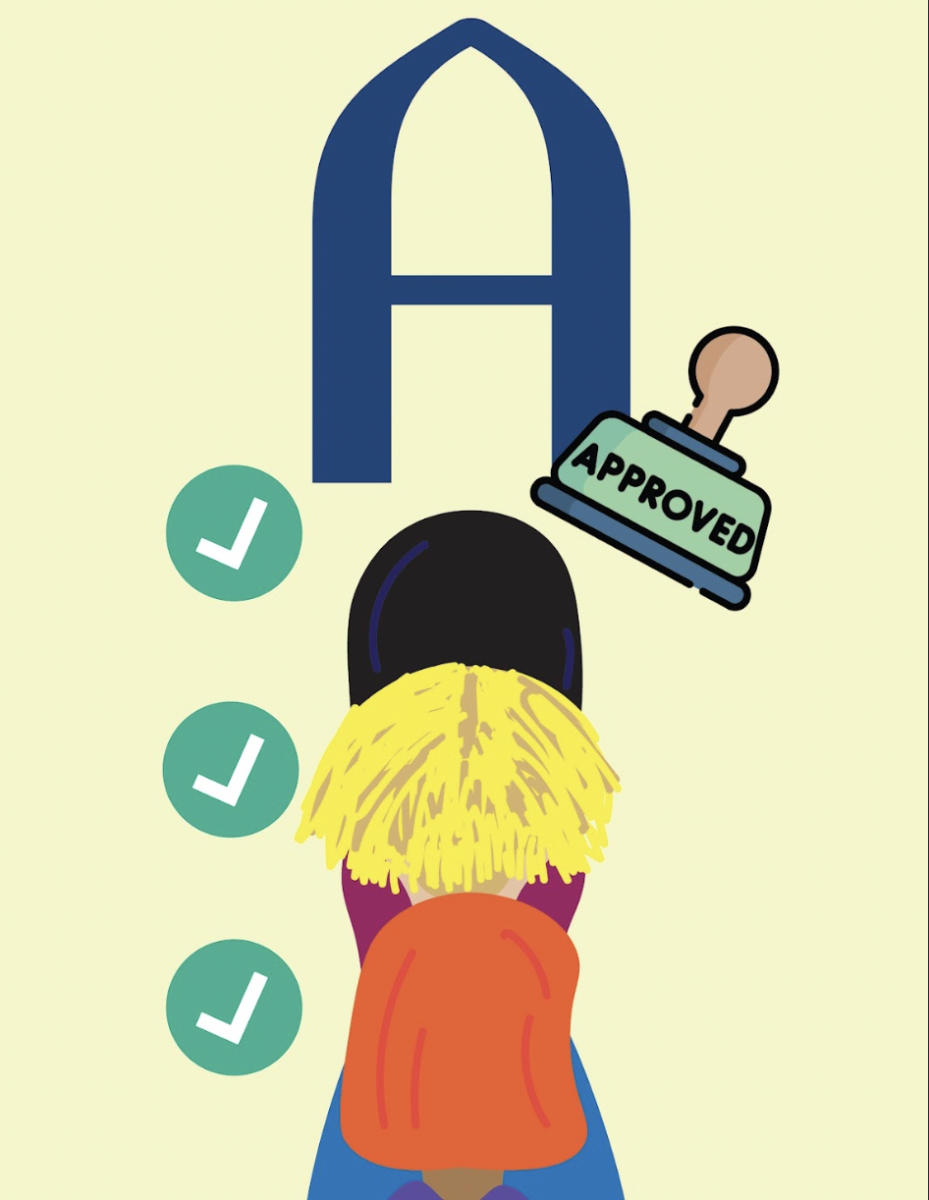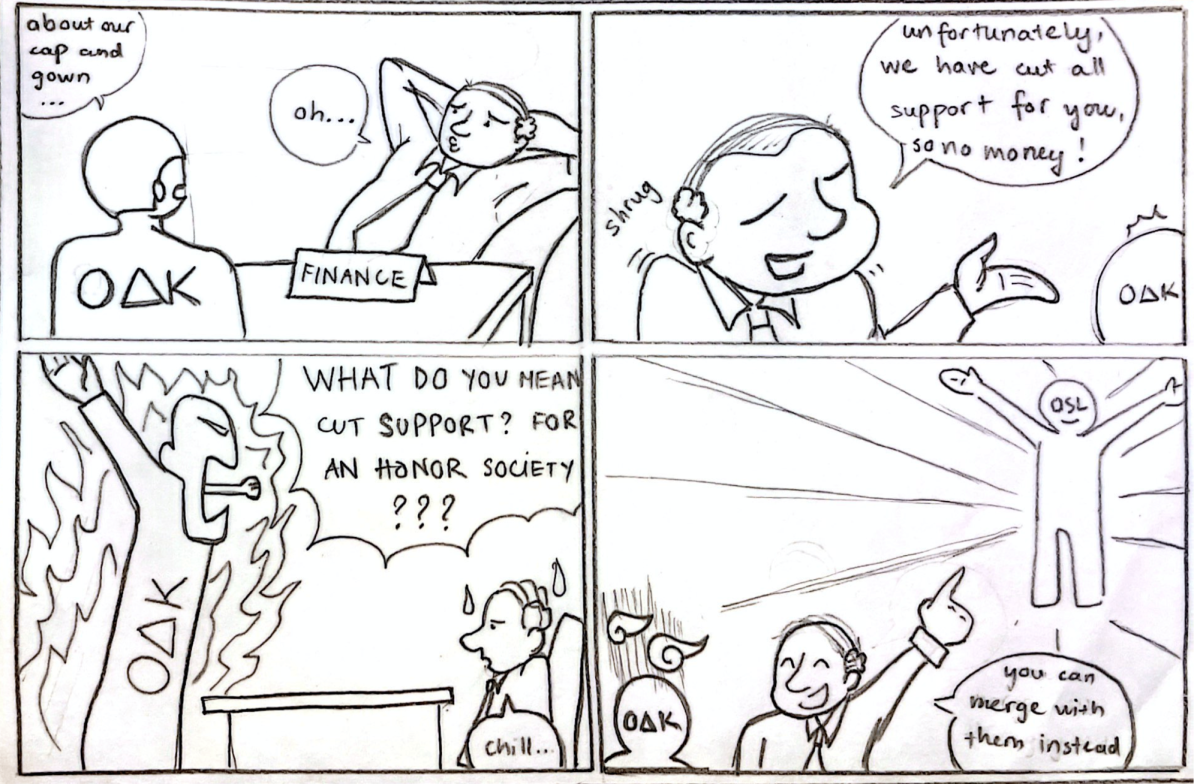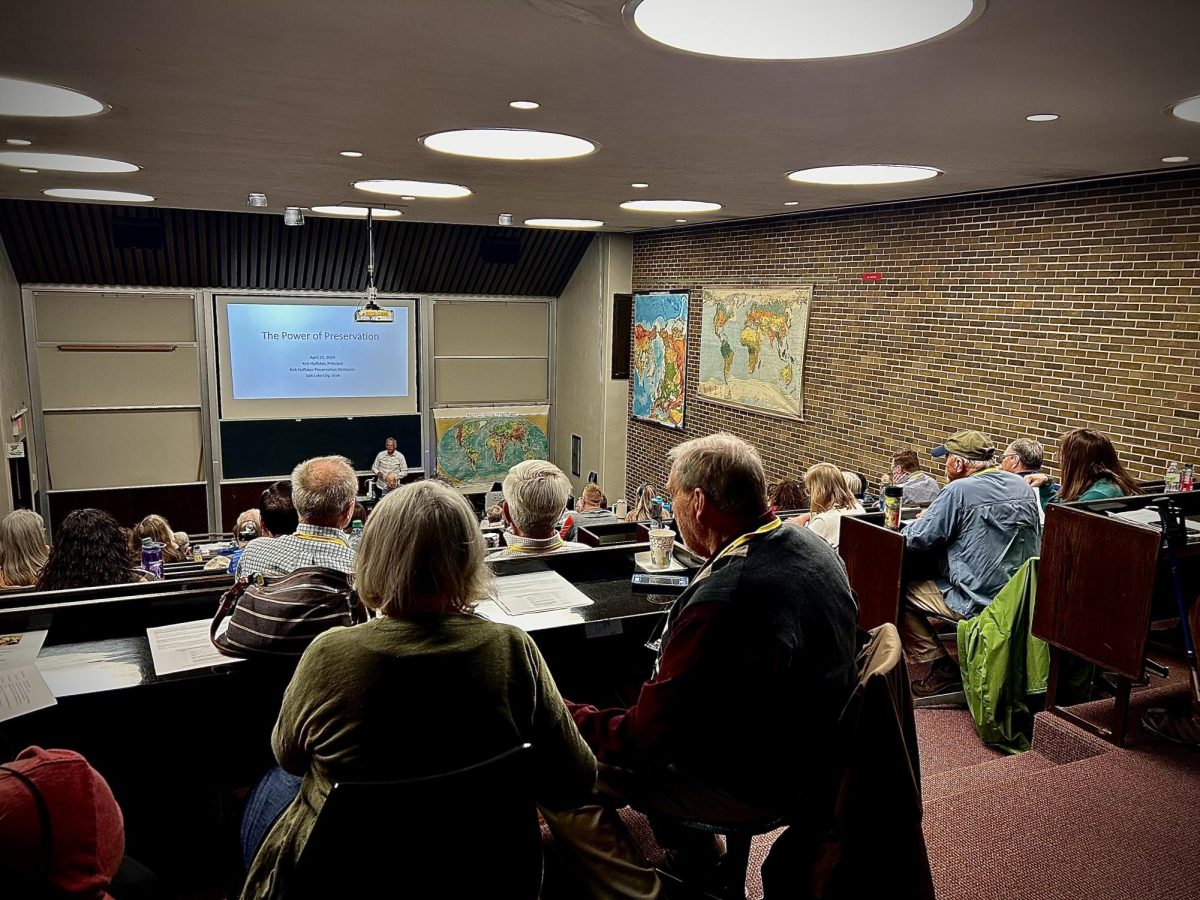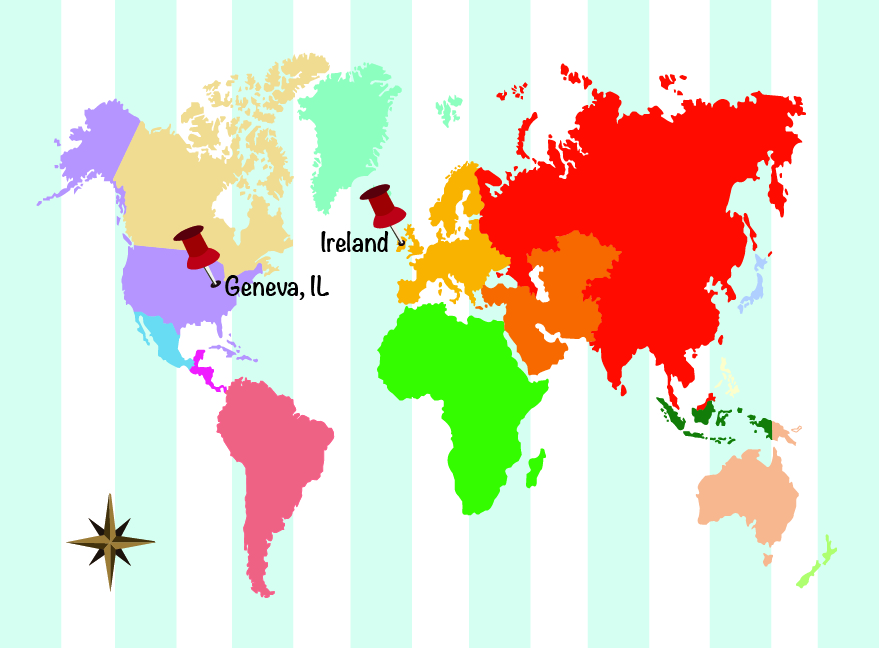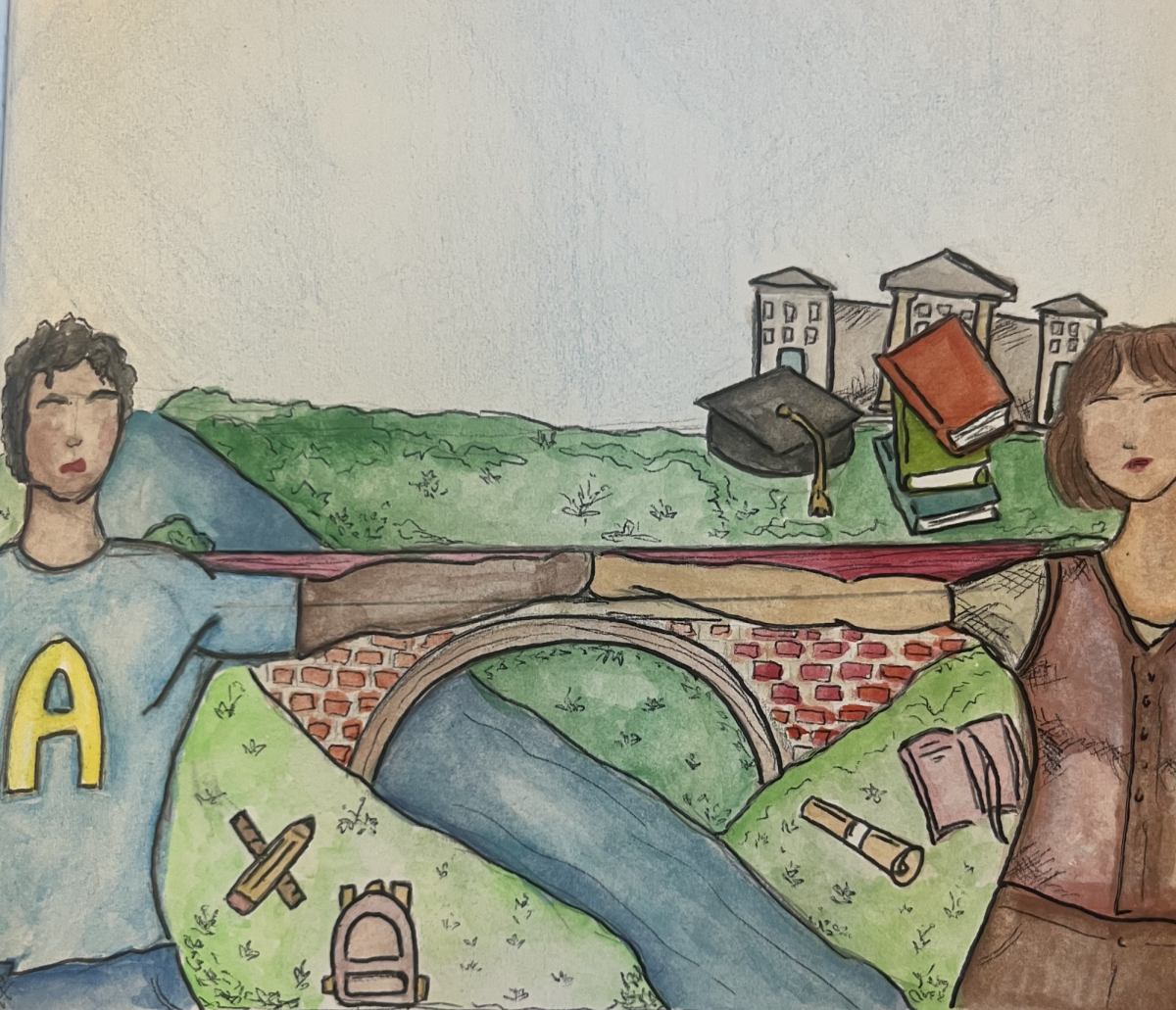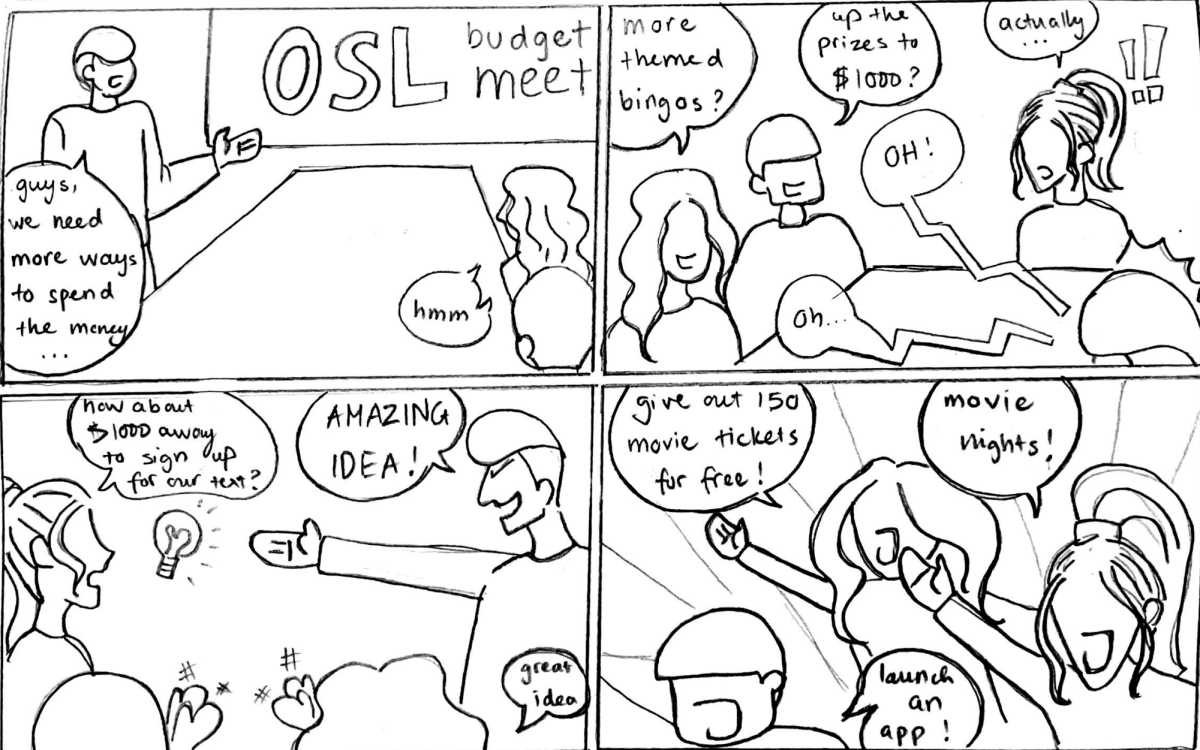On Monday, Dec. 4, the Supreme Court allowed the third edition of President Trump’s travel ban to go into effect. This version of the ban was issued in September, and will place restrictions on travelers from Chad, Iran, Libya, North Korea, Syria, Somalia, Yemen and Venezuela. However, two federal court judges have challenged this edition of the ban, and there is still controversy as to its intentions.
According to CNN reporter Ariane de Vogue, “This is the first time justices have allowed any edition of the ban to go forward in its entirety. It signals that some of the justices might be distinguishing the latest version from previous iterations and could be more likely, in the future, to rule in favor of the ban.”
Although the ban can currently be enforced, legal challenges against it are still continuing. De Vogue referred to two federal district court judges who attempted to block parts of the ban’s third edition in October. In Maryland, Judge Theodore D. Chuang “found that the new proclamation was tainted by religious animus and most likely violated the Constitution’s prohibition of government establishment of religion.” In Honolulu, Judge Derrick K. Watson also opposed the ban, stating that it “plainly discriminates based on nationality.” Both cases are set to be heard in appeals courts this week.
Representatives of President Trump’s administration have stated that the ban is a security matter. Attorney General Jeff Sessions called the order “a substantial victory for the safety and security of the American people.” De Vogue examined Solicitor General Noel Francisco’s arguments in court papers. According to de Vogue, Francisco argued that the ban was necessary “in order to protect national security.”
Professor Xiaowen Zhang, Associate Professor of Political Science, was not surprised by the conflict surrounding the ban. “From the beginning, there was controversy on whether the ban was about national security or anti-Muslim sentiment,” Zhang said. “There was evidence to support both sides. The addition of North Korea to the list of banned countries in September makes it appear that the ban is indeed about national security.”
As to the precedent which the ban sets for the countries future foreign policy, Zhang said “The executive power has a lot of influence when it comes to policy making in national security. Trump has certainly taken a lot of initiative in this area, and I wouldn’t be surprised if he continued doing so.”
Rachel Hecke, a sophomore from Brazil and a Political Science and Philosophy major, offered her opinion on the controversy. “The fact that 6 out of the 8 countries are majority Muslim makes the policy not just a travel ban but a Muslim ban. Although that isn’t specifically stated, that’s the idea that affects the American public by perpetuating the subconscious perceptions that Muslims are somehow dangerous and must be kept away. I am far from being an expert on politics, but there must be another way to implement the “security” measures I suppose Trump was going for without barring entire populations from being able to travel and visit their loved ones.”
As to how the ban would affect Augustana students, Nadia Ayensah, a first-year from Ghana and a Political Science major, thought there would definitely be unhappy consequences.
“For every decision taken by the American president, a person, if not a nation is affected somewhere in the world. Take this instance: the father of a Libyan family living in the US went to see his family back in Libya before the travel ban was imposed and now he cannot return to his family,” Ayensah said. “If this hypothetical family is that of an Augustana student, how will he or she be able to focus on academics knowing very well what is going on?”
Hecke agreed with Ayensah as to the ban’s potential influence on international students.
“The ban definitely affects any student from the countries on the list, or anyone who has family members from those countries. Even if you are an American citizen but your grandparents are from one of those countries they aren’t going to be able to come visit you or see you graduate if they didn’t hold a valid visa before the ban was implemented,” Hecke said. “Being away from family is hard, especially for an international student. And to think that after years of working hard, when you finally get to celebrate your accomplishments, your family still can’t be there with you because of a ban, is devastating.”
Supreme Court Allows Third Edition Of Trump’s Travel Ban to Take Effect
December 14, 2017
